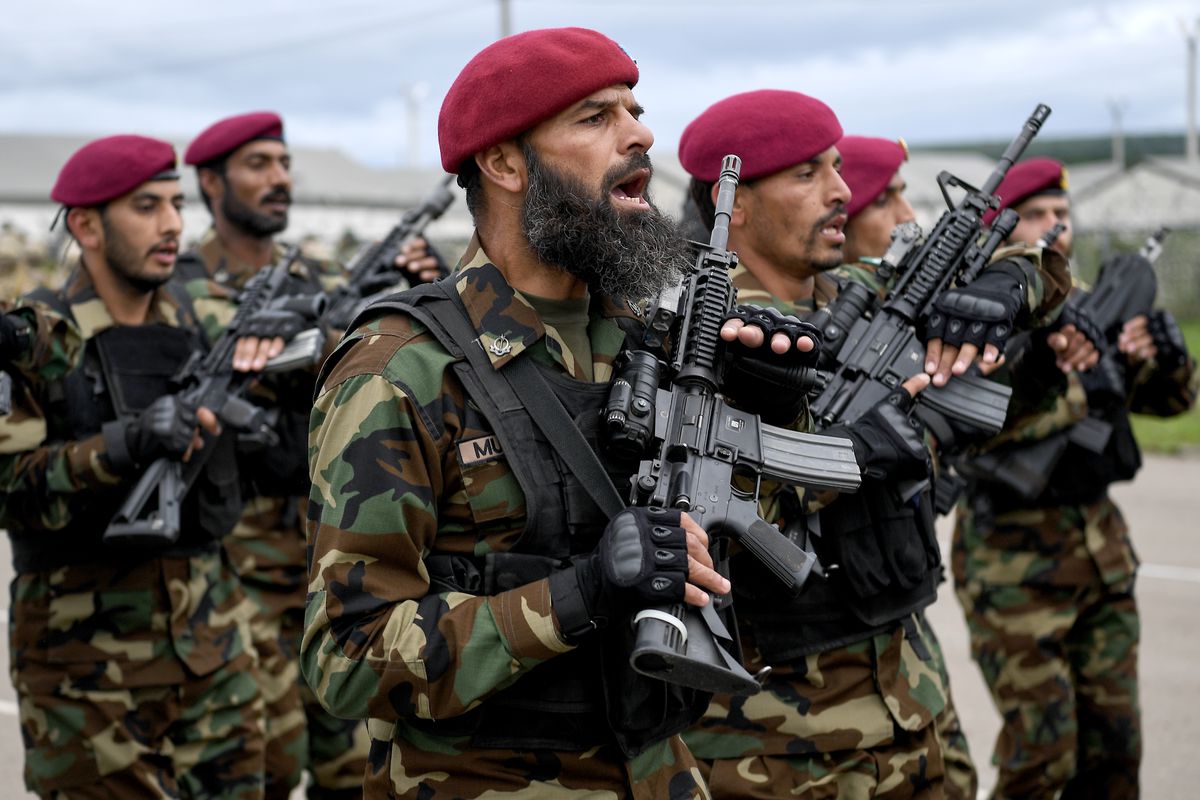The duty of any defense agency of a state is to abstain from materialistic enticements and dutifully perform its duty to the best of its ability in order to preserve and maintain the sovereignty of the nation. However, the Pakistani Armed Forces do not seem to mirror this philosophy. Pakistan’s armed forces are rather involved in running over 50 commercial unities worth over $20 billion as of 2016, bracketing the foremost duty of national security as a mere side hustle. The Pakistani Military has its finger in almost every sugary pie ranging from Industrial plants, banks, bakeries, schools, and universities to even hosiery factories, milk diaries, stud farms, etc. The list further descends to Pakistan owning eight housing societies in eight major towns in posh colonies and plush civil societies, that too at subsidized rates. This huge list of resources and affiliations of the Pakistani military makes it the biggest business conglomerate of the nation.
The aforementioned “Culture of Entitlement” was incepted during General Ayub’s time when he un-ribboned the tradition of awarding land to army officers with respect to their rank, in the border regions of Punjab and in newly irrigated colonies of Sindh. Furthermore, General Zia also devised a way of involving senior officers in commercial ventures by placing military lands and cantonments and the provisioning of logistics to the regional corps commanders. Consequently, many senior officers availed multiple major plots at highly subsidized rates sparking a generic wave of nepotism and corruption among both military and civil bureaucracies. The army officers soon adopted the practice of selling their preferential allotments at exorbitant prices to well-heeled civilians. The money in return was later channelized in establishing various several foundations and companies. Presently, the military operates its economic endeavors at three levels with the Ministry of Defense savoring the largest piece of the pie.
The Ministry of Defense (MOD) operates the economic activities through a back door appearance by being an instrument to mobilize resources and accord legitimacy to the business. For instance, there are four subsidiary organizations that are involved in the economic activities of the military, namely as Fauji Foundation, Army Welfare Trust, Shaheen Foundation and Bahria Foundation. These foundations are run by retired military personnel and the profits accruing from these are engaged in various non-militaria ventures. The MOD further paves way for securing public sector business contracts and financial and industrial inputs at highly subsidized rates. Pakistan military’s side business, Milbus, has recently ventured in providing privatized security services to foreign contractors.
Milbus is a structured and professional outlook of the military when it participates in nonmilitary commercial activities. This Culture of Entitlement does not seem to be fading away anytime soon and Milbus appears to be thriving and ever-growing clout of its military in its nation’s policies far beyond strategic and security matters. The independency and unaccountable financial muscle of the military further fuels this concept and shamelessly translates it onto the ground level. The sheer ignorance of civilian governments and their ostrich-charactered existence has also added to the mighty worth of military, enabling to act on their own whims and fancies.

